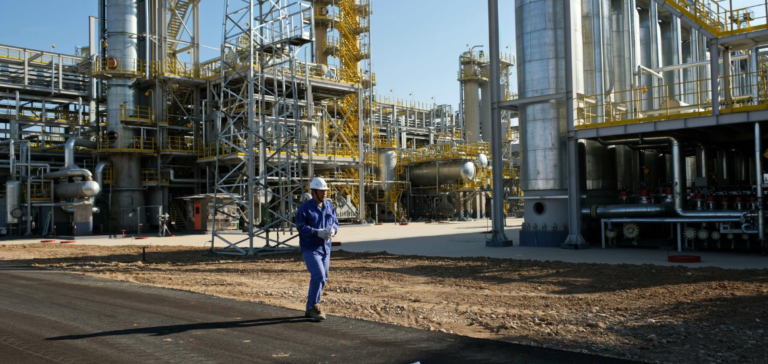The renewable energy boom in Central Asia reveals uneven progress among the region’s countries. Kazakhstan has made great strides over the past decade, strengthening its place in the national energy landscape. Ratification of the Paris Climate Agreement and adoption of the 2060 Carbon Neutral Strategy testify to its firm commitment to sustainability. Kazakhstan is currently home to 133 renewable energy facilities, including wind farms, solar farms, hydroelectric power stations and biogas plants, with an installed capacity of over 2.5 gigawatts. These facilities generated 3.35 billion kilowatt-hours of electricity in the first half of 2023.
Kazakhstan’s renewable potential: hydropower, wind power and solar energy
Kazakhstan has considerable potential in hydropower, wind power and solar energy. According to the United Nations Industrial Development Organization (UNIDO), hydroelectric stations of less than 35MW have a potential of 4,800MW, while those of less than 10MW have a potential of 2,707MW, with an estimated annual production of 65 billion kWh. Prospects for hydroelectric development are particularly promising in the water-rich southern regions. In addition, the region is estimated to have considerable wind power potential, with over 1,820 billion kWh, and wind farm projects are being considered in 46 regions. In terms of solar energy, Kazakhstan enjoys abundant sunshine, especially in the south and southwest regions, with a photovoltaic potential of 6,684 terawatt-hours per year.
Uzbekistan: promising solar and wind radiation
Uzbekistan, meanwhile, stands out for its impressive combined potential of 2,091 billion kWh for electricity generation, or 30 times its annual consumption. With almost 320 sunny days a year, the country excels in the field of solar energy, with a total potential of 2,058 billion kWh. Wind power also represents a significant resource, particularly in the north-west and south-west regions. In addition, Uzbekistan has signed 21 agreements over the past four to five years with international companies for the construction of solar and wind power plants, with a combined capacity of 7,047MW. Currently, 19 solar power projects and seven wind power plants are underway, with a total investment in excess of $9 billion.
Tajikistan’s green production
Tajikistan stands out in hydropower, with reserves estimated at 527 billion kWh per year, making it the sixth largest producer of green energy in the world. Despite its lead in this field, the development of solar and wind energy is still in its infancy.
Energy diversification in the Kyrgyz Republic
In the Kyrgyz Republic, the emphasis is on diversifying energy sources, particularly during periods of drought. Indeed, the exploration of green hydrogen is also envisaged, thanks to high hydroelectric potential and relatively low energy production costs.
Turkmenistan, which mainly exports gas and electricity, is turning to solar panel production, and is planning to build a hybrid solar-wind power plant.
Although progress in renewable energy in Central Asia is uneven, current initiatives indicate a significant shift towards sustainable practices. However, growing investment in clean energy, combined with technological advances, are positioning the region on the path to a viable, environmentally-friendly energy transition.






















